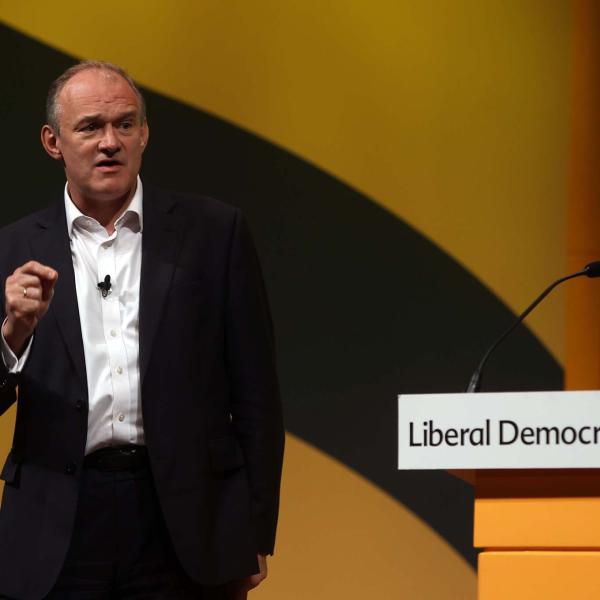We use the best available longitudinal data set, the Health and Retirement Study, and a battery of causal inference methods to provide both central estimates and bounds for the long-term effect of health insurance on health and mortality among the near-elderly (initial age 50–61) over a 20-year period. Compared with matched insured persons, those uninsured in 1992 consume fewer health-care services, but their health (while alive) does not deteriorate relative to the insured, and, in our central estimates, they do not die significantly faster than the insured. Our upper and lower bounds suggest that prior studies have greatly overestimated the health and mortality benefits of providing health insurance to the uninsured.
Authors

CPP Co-Director
Eric is the Montague Burton Professor of Industrial Relations and Labour Economics at the University of Cambridge and Professor of Economics at UCL.

Bernard Black

José-Antonio Espín-Sánchez

Kate Litvak
Journal article details
- DOI
- 10.1162/ajhe_a_00076
- Publisher
- MIT Press
- JEL
- I13
- Issue
- Volume 3, Issue 3, July 2017, pages 281-311
Suggested citation
Black, B et al. (2017). 'The long-term effect of health insurance on near-elderly health and mortality' 3(3/2017), pp.281–311.
More from IFS
Understand this issue

Liberal Democrat manifesto: a reaction
10 June 2024

Why inheritance tax should be reformed
18 January 2024

Pensions are far from broken but could still use a fix
18 December 2023
Policy analysis

How do the last five years measure up on levelling up?
19 June 2024

A response to the Conservatives’ proposals to reduce growth in the health-related benefits bill
8 June 2024

Pensions: five key decisions for the next government
7 June 2024
Academic research

The role of hospital networks in individual mortality
13 May 2024

Forced displacement, mental health, and child development: Evidence from Rohingya refugees
10 May 2024

The consequences of miscarriage on parental investments
22 March 2024